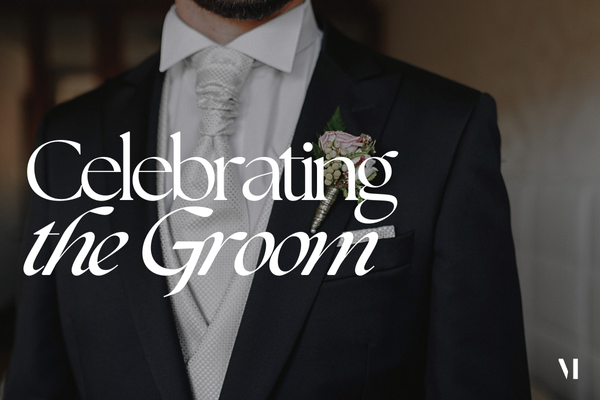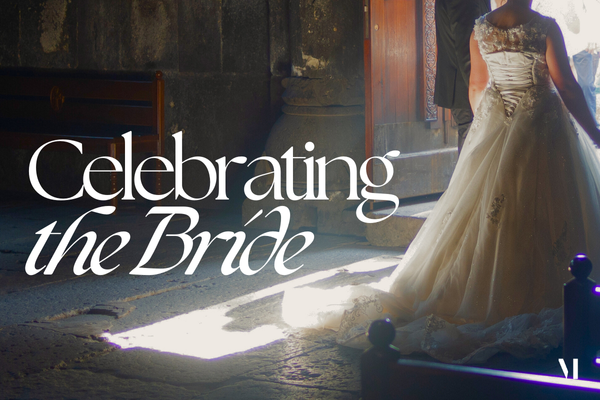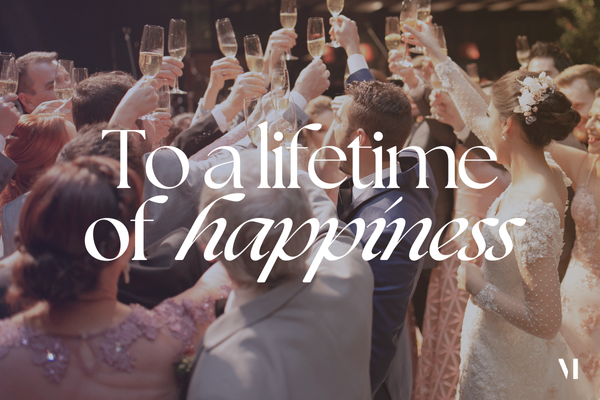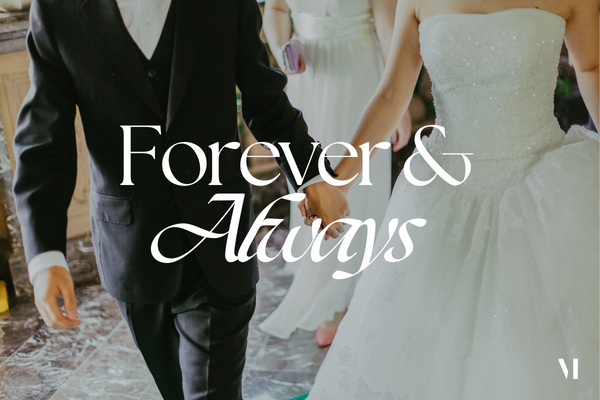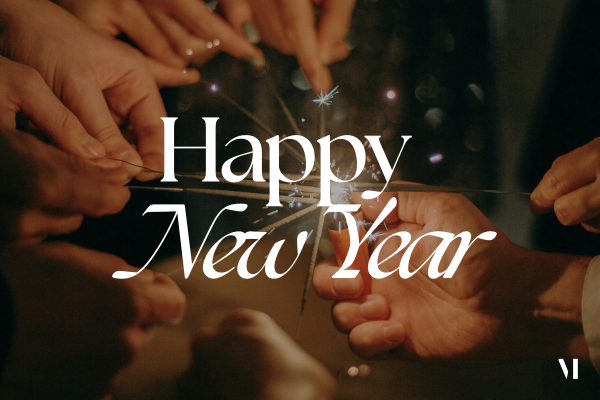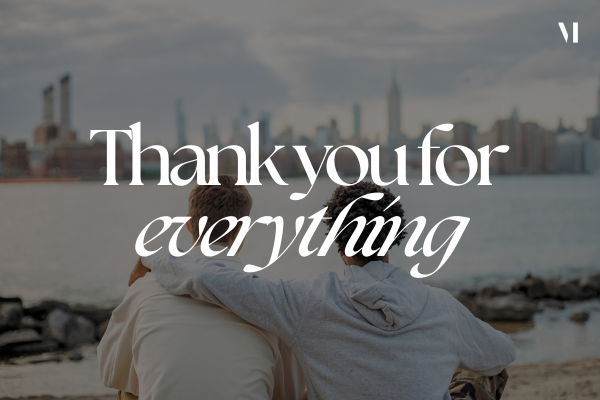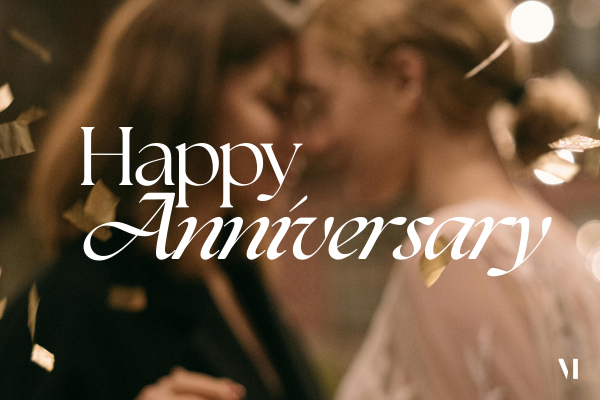
Swag vs experiences represents more than a choice between physical items and memorable moments. It’s about understanding what truly moves people. While branded water bottles gather dust in desk drawers, experiences become stories shared for years. The shift from corporate merchandise to experiential rewards signals a deeper understanding of human motivation and connection.
Companies spend billions on branded merchandise annually, yet employee engagement scores remain stagnant. Here’s why traditional swag fails where experiences succeed. Physical items lose their novelty within days. Meanwhile, experiences create emotional imprints that strengthen with time rather than fade.
The Psychology Behind Meaningful Recognition
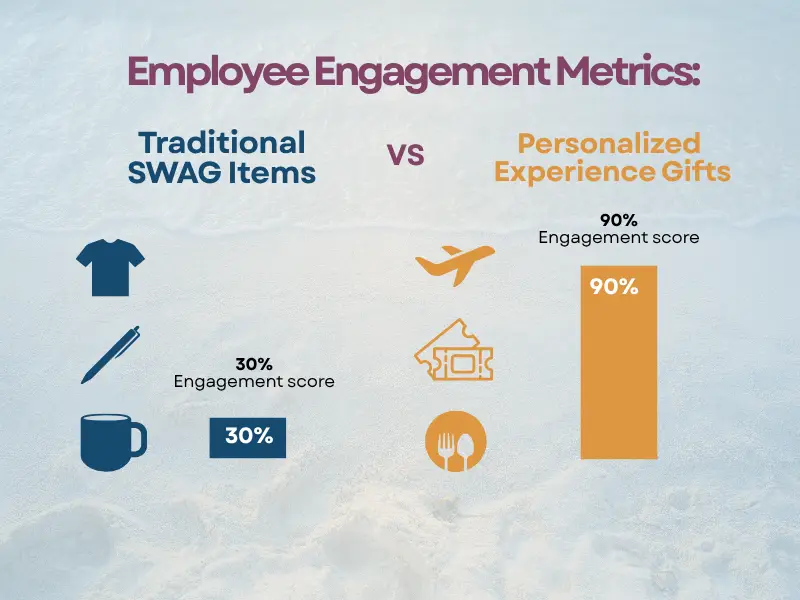
Experiences tap into intrinsic motivators that merchandise cannot reach. When someone chooses a cooking class, spa day, or adventure activity, they’re expressing their identity. This freedom of choice communicates trust and respect from employer to employee. The recipient decides what joy looks like. A core principle that transforms obligation into opportunity.
Memory formation works differently with experiences versus objects. Neuroscience shows experiential memories integrate into our sense of self more deeply than material possessions. These narratives weave into workplace culture, creating positive associations with the company that provided them.
Breaking Down the Real Costs
Let’s examine the true investment behind each approach. Surface-level cost comparisons miss the bigger picture of value creation and return on investment.
Traditional Swag Hidden Expenses:
- Storage and inventory management
- Shipping and distribution logistics
- Waste from unused or unwanted items
- Environmental impact of production
- Limited shelf life of relevance
- Zero personalization capabilities
Experience Investment Returns:
- No physical storage requirements
- Instant digital delivery
- 100% utilization when recipients choose
- Sustainable and environmentally conscious
- Timeless value that doesn’t depreciate
- Complete personalization for every individual
The math becomes clear when measuring impact per dollar spent. A $50 branded backpack might get used occasionally. A $50 experience credit lets someone choose from hundreds of options that align with their interests. Which creates more value? Which generates authentic appreciation?
What Employees Actually Want
Recent workforce studies reveal a dramatic preference shift. Millennials and Gen Z workers rank experiences over material rewards by overwhelming margins. Even established professionals increasingly value time and memories over things.
This preference reflects broader cultural changes. Minimalism gains traction as people recognize that possessions often burden rather than enrich. Marie Kondo’s philosophy resonates because we’re drowning in stuff while starving for meaning. Employees bring these values into the workplace, expecting recognition that aligns with their life priorities.

Stories from the frontlines of employee recognition paint a vivid picture. These aren’t just perks. They’re life moments enabled by thoughtful employers.
The multiplier effect of experiential rewards extends beyond individual recipients. When someone shares their skydiving adventure or wine tasting weekend, it creates positive buzz throughout the organization. Colleagues see recognition as something exciting rather than obligatory. This organic enthusiasm builds culture in ways forced corporate messaging never could.
Measuring What Matters: Engagement Metrics
Engagement trends show clear patterns favoring experiential rewards. Companies switching from swag to experiences report measurable improvements across key indicators:
Participation rates increase when people actively want what’s offered. Traditional swag programs see 40-60% participation. Experience-based recognition achieves 85-95% engagement because recipients find options they genuinely desire.
Retention impact becomes visible within quarters rather than years. Employees who receive meaningful experiential recognition show 23% higher retention rates.The correlation between memorable rewards and loyalty isn’t coincidental. It’s causal.
Productivity gains follow emotional investment. Teams that feel genuinely appreciated deliver better results. This isn’t manipulation through rewards. I’s alignment between company values and employee treatment. When organizations invest in individual happiness, collective performance naturally improves.
Referral rates for new talent spike when current employees become authentic advocates. People recommend workplaces that treat them as whole humans rather than resources. Experience-based recognition becomes a recruiting tool without trying.
Creating Lasting Impact Through Choice
The gift of choice respects individual choice while maintaining corporate recognition goals. This balance between structure and freedom defines modern engagement strategies.
Mojo Gift embodies this philosophy through borderless, timeless, human connections. With over 100,000 experiences across 100+ countries, every employee finds something meaningful regardless of location or preference. This gift doesn’t expire. It expands into whatever the recipient needs most.
Geographic flexibility matters more as remote work becomes permanent for many organizations. Physical swag requires shipping addresses, customs forms, and logistical coordination. Digital experience credits arrive instantly anywhere with internet access. This simplicity at every touchpoint removes friction from recognition programs.
Cultural sensitivity emerges naturally when recipients choose for themselves. No more worrying. Let them turn your gesture into a story that fits their life perfectly.
Implementation Without Complexity
Transitioning from swag to experiences seems daunting until you realize it actually simplifies everything. Here’s why the switch proves easier than expected:
Immediate deployment replaces lengthy procurement processes. No more comparing vendor catalogs, negotiating bulk orders, or managing inventory. Digital experience platforms activate within days rather than months.
Budget flexibility improves when you’re not locked into minimum orders or preset packages. Recognize one person or one thousand with equal ease. Scale up for holidays or milestone celebrations without advance planning.
Administrative efficiency increases dramatically. HR teams report spending 75% less time managing experience-based recognition versus traditional swag programs. Automation handles distribution, tracking, and reporting without manual intervention.
Global consistency with local relevance becomes possible. Every employee receives equal value while choosing culturally appropriate options. This solves the challenge of managing diverse, distributed workforces fairly.
Addressing Common Concerns
Some organizations hesitate, clinging to familiar swag strategies despite diminishing returns. Let’s address these concerns directly:
“But people expect company swag.” Do they really? Or have we trained them to expect it because that’s what we’ve always done? When offered genuine choice between another branded item or a meaningful experience, the preference becomes obvious.
“Swag builds brand awareness.” External brand building shouldn’t happen at the expense of internal culture. Employees wearing company logos matters less than employees sharing positive stories about their workplace. Authentic advocacy beats forced advertising.
“Experiences seem intangible.” Physical items create an illusion of substance that disappears quickly. That tangible t-shirt becomes invisible in the closet within weeks. Meanwhile, intangible memories surface repeatedly in conversations, strengthening over time rather than fading.
“We need to control the message.” This control-based thinking reflects outdated management philosophy. Trust your people to choose appropriately. When you demonstrate confidence in their judgment, they respond with loyalty and discretion.
The Evolution of Workplace Recognition
Recognition practices evolve as workforce demographics and expectations shift. The command-and-control era of identical rewards for everyone has ended. Today’s engagement strategies require nuance, flexibility, and genuine care for individual preferences.
Consider how other workplace elements have transformed. Open office designs replaced cubicles. Flexible schedules superseded rigid 9-to-5 requirements. Remote work became mainstream. Each change responded to employee needs rather than corporate convenience. Recognition programs must follow this same evolution.
Leading organizations already made the switch. Tech companies pioneered experiential rewards, but now healthcare, finance, retail, and manufacturing sectors embrace this approach. The movement crosses industries because the underlying human need for meaningful recognition remains universal.
Companies with robust recognition programs see 31% lower voluntary turnover. When that recognition takes the form of chosen experiences rather than assigned swag, these numbers improve further.
Real Stories, Real Impact
Small businesses benefit equally from this approach. A 50-person marketing agency replaced their annual swag budget with experience credits. People actually thank us months later when sharing stories from their experiences.”
Sustainability and Social Responsibility
Environmental consciousness influences recognition decisions increasingly. Traditional swag contributes to waste streams while unwanted items end up in landfills. Production processes consume resources for products with limited lifespans. Shipping generates carbon emissions for items that might never get used.
Experiences leave minimal environmental footprints. Digital delivery eliminates shipping. No physical production means no manufacturing waste. Recipients choosing local experiences support community businesses rather than overseas factories. This alignment between values and actions resonates with environmentally conscious employees.
Social impact extends beyond environmental considerations. When someone chooses a charitable experience, recognition ripples outward benefiting others. This multiplication of positive impact cannot happen with traditional swag.
Purpose-driven recognition strengthens organizational culture. Employees want their work and rewards to create meaning beyond personal benefit. Experiential recognition enables this higher-level satisfaction.
Making the Transition

Ready to evolve your recognition strategy? The path forward requires intention but not perfection. Start small with pilot programs for specific teams or occasions. Measure results carefully: participation rates, feedback quality, retention impacts. Let data guide expansion rather than forcing wholesale changes immediately.
Communication matters throughout the transition. Explain why you’re moving beyond swag toward experiences. Share the philosophy of individual choice and personal meaning. Acknowledge that change feels uncomfortable initially but promises greater satisfaction ultimately.
Partner selection influences success significantly. Choose Mojo Gift which offers diverse options, simple interfaces, and reliable support. Ensure global coverage if you have distributed teams. Verify that experiences span interests, ages, and physical capabilities to guarantee true inclusivity.
The Competitive Advantage
Organizations embracing experiential recognition gain recruiting and retention advantages. Top talent evaluates company culture during job searches. Recognition philosophy signals deeper values about employee treatment. When candidates discover they’ll receive personally meaningful rewards rather than generic swag, it influences decision-making.
Current employees become recruitment ambassadors when they genuinely appreciate their recognition. Social media posts about experience choices generate authentic interest. Friends and family hear positive stories rather than complaints. This organic advocacy proves more powerful than any recruiting campaign.
Competitive differentiation emerges in tight labor markets. While competitors offer standard benefits and predictable swag, you provide freedom and choice. This distinction matters when attracting quality candidates who have multiple options.
Turn recognition into experiences they’ll remember.
Every achievement deserves to be remembered. With our corporate solutions, recognition becomes more than a gesture, it becomes an experience that empowers, inspires, and leaves a lasting mark on every individual.
Future-Proofing Recognition
Workplace evolution accelerates rather than stabilizes. Remote work, artificial intelligence, gig economies, each trend reshapes employee expectations. Recognition strategies must adapt continuously or risk obsolescence.
Experiential rewards inherently flex with changing needs. New experiences emerge constantly. The catalog expands naturally without corporate intervention. This built-in evolution keeps recognition fresh and relevant.
Generational shifts guarantee that yesterday’s motivators won’t work tomorrow. Gen Alpha entering the workforce brings different values than Baby Boomers retiring. Experiential choice accommodates all preferences simultaneously rather than forcing one-size-fits-all solutions.
The Bottom Line on Engagement
Swag served its purpose in an era of simpler expectations and limited options. Today’s workforce demands more than branded merchandise. They seek recognition that acknowledges individuality, creates lasting memories, and aligns with personal values.
Experiences deliver what swag cannot: emotional connection, personal relevance, and stories worth sharing. This shift from things to memories reflects broader cultural evolution toward meaning over materialism. Organizations that recognize this change position themselves as employers of choice.
Math supports philosophy. Higher engagement, improved retention, increased productivity, and enhanced recruitment combine to generate returns far exceeding investment. But beyond metrics lies a simpler truth: people remember how you make them feel, not what you give them.
The Mojo Gift Philosophy
Mojo Gift transforms recognition from obligation to opportunity. Every credit becomes a canvas for personal expression. Recipients paint their own joy rather than receiving predetermined pictures. This freedom within structure creates the perfect balance for modern recognition.
Stop choosing for them. Start letting them choose. Because when someone selects their own adventure, your recognition becomes part of their story forever. The gift they’ll remember you for isn’t another branded item. It’s the freedom to create their own happiness.
Ready to discover how experiential recognition transforms your workplace culture? The journey from swag to experiences starts with a single choice. Yours.
